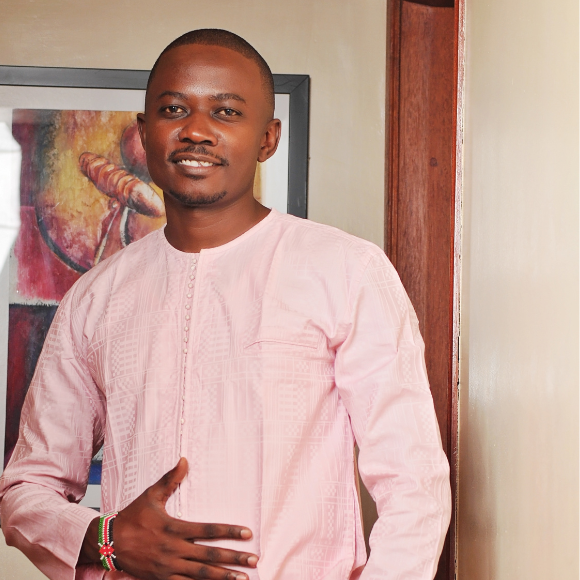
PhD Tropical Medicine, 2016
I provide technical expertise on malaria vector control to National Malaria Control Programs in Sierra Leone and Kenya through Abt Associates PMI-USAID/VectorLink project. I am the technical manager, deputizing and supporting the Chiefs of Party to manage the project and country offices while leading technical aspects of the project.
Tell us about your time at LSTM
I’ve grown up in sub-Saharan Africa where disease is strife and since childhood, I have had an interest in becoming a scientist, helping find cure to diseases. After losing close family members to common tropical diseases, in my teenage years, my resolve to fight tropical diseases has been unwavering. Liverpool is special, because malaria vector research was pioneered by Sir Ronald Ross, who discovered that malaria is transmitted by mosquitoes while at LSTM. Nature is very interesting, my sandwich PhD program allowed me to do my research in The Gambia, the place where the malaria vector, Anopheles gambiae was first identified. This put me right at the heart of malaria research to enable me gather the right skills as a vector biologist. Liverpool did not disappoint, the wonderful supervisors always put me in contact with staff and experts in fields I was interested in. I interacted with fellow doctoral students that made my stay in Liverpool so enjoyable both academically and socially. I can’t forget the extreme cold I experienced but also visits to Anfield and Emirates football stadia and the waterfront.
Tell us about your experiences since leaving LSTM
I have never really left LSTM. I developed ties with my supervisors that continue to date, who also later became my postdoc advisors; LSTM has always felt like home. While doing my Wellcome Trust DELTAS postdoc fellowship in The Gambia under Malaria Research and Capacity Development (MARCAD) consortium led by Prof Oumar Gaye based in Senegal, I realised I needed to do more than just research. Africa needs researchers/scientists to lead disease control programs. Over the years, I have developed my leadership and management skills through trainings at Institute of Tropical Medicine, Antwerp, Belgium and I needed practical experience in disease control setting. I therefore took up a position with Abt Associates under a project, PMI/VectorLink that provides technical expertise to National Malaria Control Programs in Africa. I hold a senior management role as Technical manager providing technical advice to Kenya and Sierra Leone on malaria vector control guidelines, which insecticide to use in malaria control and how to manage spread and development of insecticide resistance in malaria vectors. My dream is to lead disease control programs with a focus on operations research and inspire scientists to take up more positions for better disease control planning and management in Africa.
What three words would you use to describe LSTM?
- Innovation
- Excellence
- Mentorship
What piece of advice would you give to our current/prospective students?
LSTM has a very warm community that allows students to interact and get to study. Make your supervisors your friends and if you are a graduate student, never wait till after Msc/ PhD to seek project ideas. Begin the sooner you start your studies. The trick is to keep them as addendum questions in a book which you run by your supervisors for discussions. These questions are the ones that you shall build for your next grant application. Know what you want and do not be shy to discuss your ambitions and plans with your supervisors and more importantly ask for what you want rather than keep quiet.